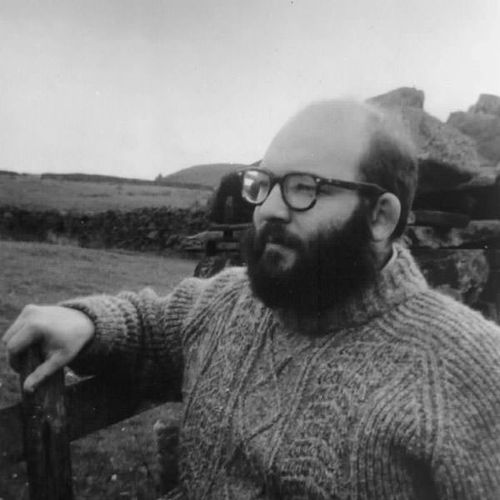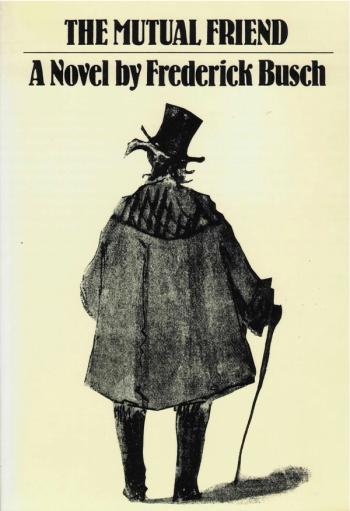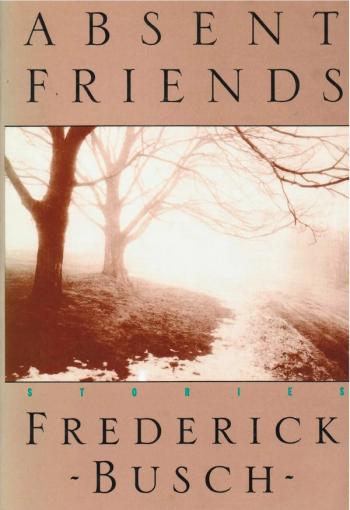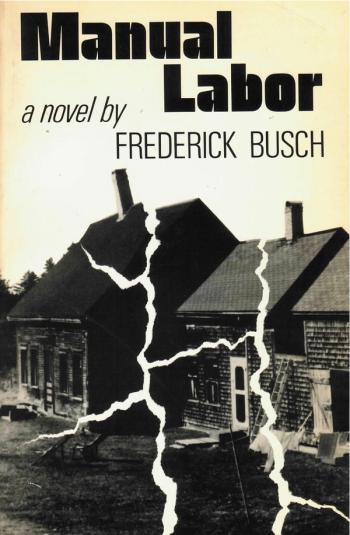The subject of Frederick Busch’s extraordinary fiction, The Mutual Friend, is Charles Dickens. First published in 1978, Busch’s portrait of the Chief (or the Inimitable, as Dickens calls himself) was immediately hailed as a lively, accurate, and brilliantly imagined novel of the great Victorian and his age. Busch’s guide to Dickens’ world is George Dolby, the Chief’s factotum in his last years. The reminiscence begins with the Great American Tour of 1867-68, Dickens is ill and crotchety but ever eager to dazzle the New World with his dramatic readings. Through Dolby we come to a circle of characters around Dickens, among them his long-suffering wife Kate and the actress Ellen Ternan, mistress to the Inimitable. Of Busch’s compelling mastery over his larger-than-life subject, the English critic Angus Wilson writes, “Mr. Busch gives us Dickens in all his genius and makes us understand how that genius worked.”




